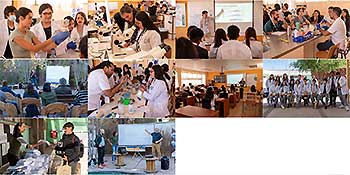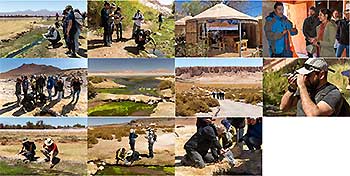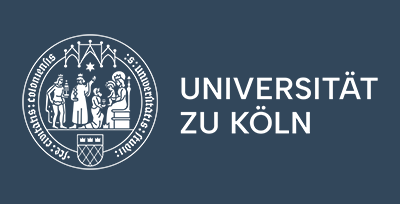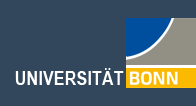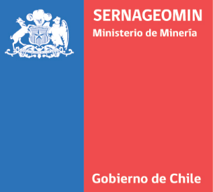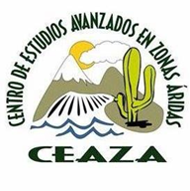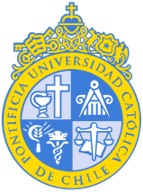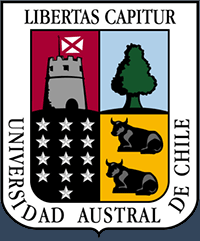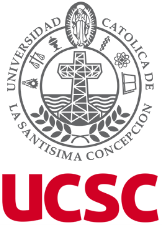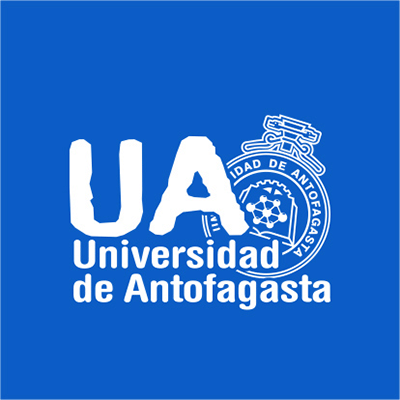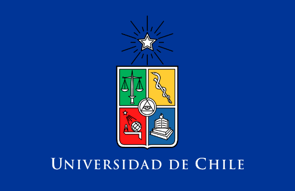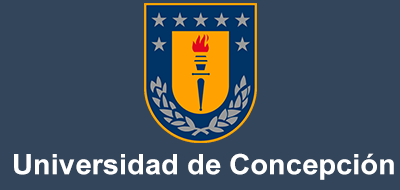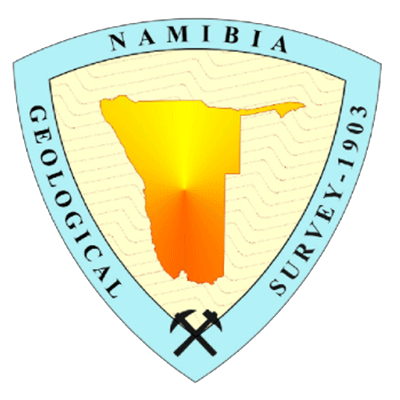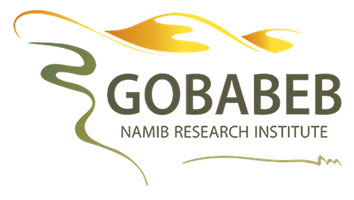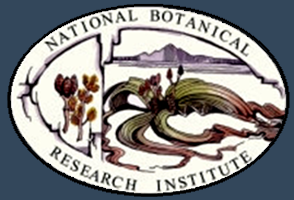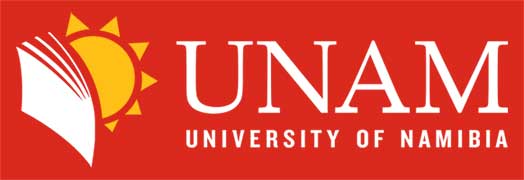In a collaborative effort between the Universidad de Chile (represented by Prof. Dr. Miguel Allende and his team from the Center of Genome Regulation) and the University of Cologne (the team of the CRC1211 project B08), the International Field School on Biodiversity Genomics at the Dry Limit brought together a diverse group of scientists, students, and local stakeholders in San Pedro de Atacama from the 24th to the 30th of September 2023. The aim was to train methods and exchange knowledge on the complexities of genomic diversity, particularly in extreme environments such as the Atacama Desert, and to foster collaboration between international researchers and local communities.

The main aspects of the field school were training and knowledge transfer. Therefore, 18 researchers from seven different institutions in Germany and Chile and 18 students from Germany, Chile, and Colombia participated to facilitate a productive exchange. The program included a comprehensive overview of the biodiversity genomics methodological process, covering sample collection, DNA isolation, library preparation, whole-genome sequencing and data analysis. Participating students, ranging from undergraduates to PhD students, gained hands-on experience through field trips, laboratory work, data analysis and gained insights into the genomic basis of adaptive traits across different taxa.
Recognizing the critical importance of building early awareness and understanding of biodiversity in the local community, the field school expanded its outreach to schools in San Pedro. Students from Licéo Lican Antay de San Pedro and the school of Taconao joined the field school for excursions and field work. For laboratory work, they provided their biology laboratory facilities at the San Pedro school, enabling a unique and valuable exchange between pupils, students, and scientists. This initiative not only benefited local students but also provided university students with experience in teaching and effective science communication.
The field school participants went on excursions with the indigenous community Lican Antay de Taconao to locations in the Atacama Desert that bear a traditional and spiritual importance to the community. These excursions allowed the group to understand indigenous traditions, spiritual values, and conservation activities. Representatives from CONAF (Corporación Nacional Forestal) also participated, highlighting the conservation efforts and regulations in the area. The interaction and dialogue between scientists, the indigenous community and CONAF led to a mutual understanding of each other's activities and fostered a common interest in preserving the unique ecosystem.
The International Field School on Biodiversity Genomics at the Dry Limit has established a strong foundation for future research in the Atacama Desert, that is transparent and beneficial to all stakeholders. This field school has set the stage for ongoing partnerships to access, share, and interpret FAIR data. The outcomes of this initiative promise a positive impact on biodiversity conservation, scientific understanding, and community engagement in the Atacama region.



